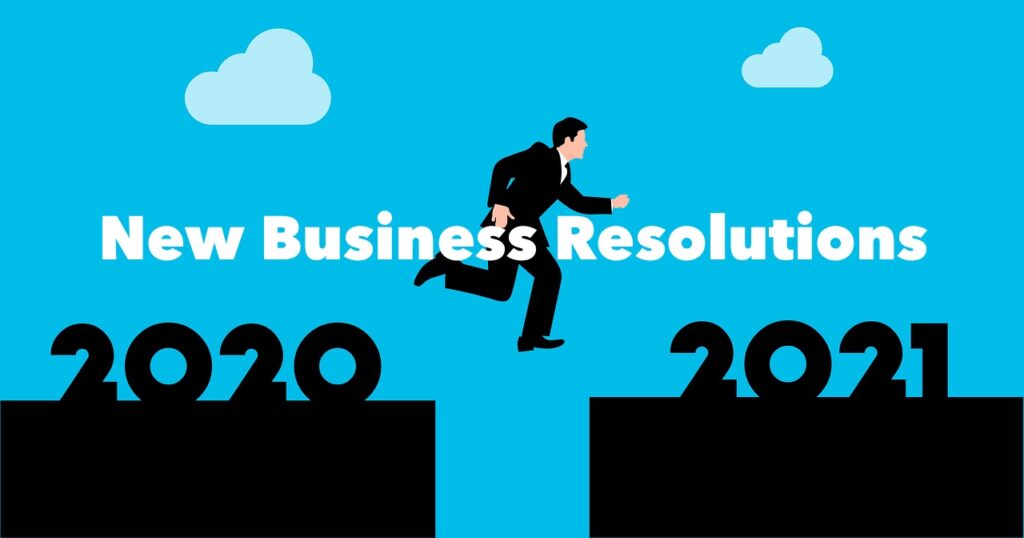The Bank of England (BOE) recently held interest rates at 5.25% and warned that the restrictive policy will remain for an extended period, despite the bleak economic outlook. BOE forecasts suggest the UK will not get to the 2% inflation target until the end of 2025. They expect inflation to fall to around 5% by the end of this year. Their forecasts also predict that output will remain stagnant in 2024. The Chancellor, Jeremy Hunt, remains more optimistic and was quoted as saying that the UK economy has remained far more resilient than many expected.
Clearly things are changing rapidly right now in this chaotic world, and it is difficult to maintain a sense of control, but the most successful people we meet “just keep going!” Growing your business is all about enthusiasm and a mindset to power on with the goal of striving for success.
Creating a growth strategy
A growth strategy starts with identifying and accessing opportunities within your market. The strategy addresses how your company is going to evolve to meet the challenges of today and in the future. A growth strategy gives your company purpose, and it answers questions about your long-term plans.
Having a growth strategy is important because it keeps your company working towards goals that go beyond what is happening in the market today. They keep both owners and employees focused and aligned, and they allow you to think long-term.
The first step is to look at five important areas that will help you develop a growth strategy:
- Think long term – invest time in understanding where the market is going and what this means for your customers. Short term decisions do not help grow a business.
- Having a good value proposition is essential – this states the relevance of your product or service, what it does, and why customers need it. What is yours?
- Expanding your reach – who is your target customer and what do you need to do to let them know you exist and that your product or service is relevant to them?
- Growth means new people, systems, and (maybe) different ways of doing things. Grow at a pace you can manage.
- How will your marketing get your value proposition to relevant customers?
Creating a marketing plan
Once you have taken some time to write out your growth strategy and where you want your business to be in (say) 2 years, the next step is to work out your marketing plan.
A marketing plan is a business document outlining your marketing strategy and tactics. It is often focused on a specific period of time (i.e., over the next 12 months) and covers a variety of marketing-related details, such as costs, goals, and action steps. But like your business plan, a marketing plan is not a static document. It should outline:
- How you are going to keep existing customers happy and returning to buy more often;
- What the goals are for getting new customers; and
- The marketing methods you are going to use to achieve 1 and 2.




